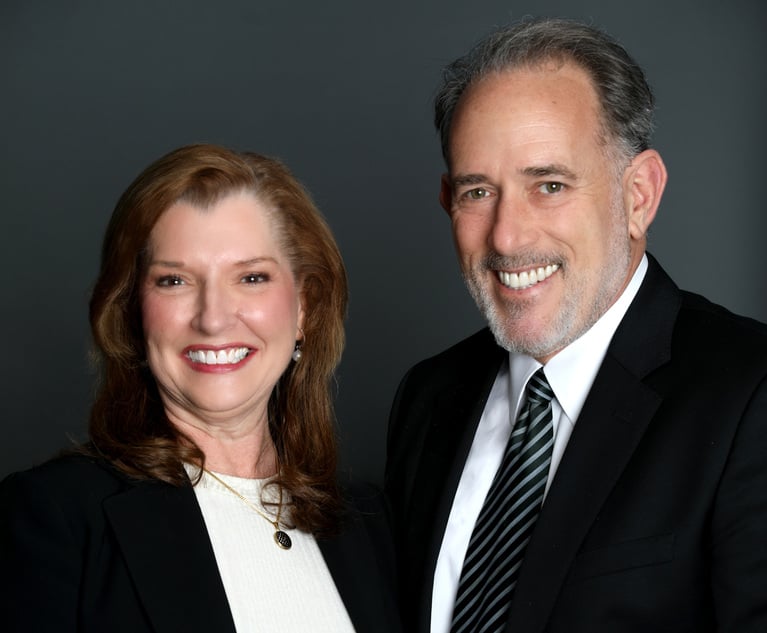In recent years, movies about the “zombie apocalypse” have created die-hard fans of the genre, even resulting in the creation of zombie survival camps. Coronavirus is still such a mystery and has caused such panic (and panic buying) that it has caused some to feel that we are experiencing something resembling a real-life zombie apocalypse. The most common advice being given in response to coronavirus is to stay home or self quarantine, which is the tactic China employed that seemed to considerably slow the spread of the disease. However, what if you are an hourly employee and will not get paid if you do not go to work? What about the fact that many of us live in areas where there is no mandatory self-quarantine requirement unless you show signs of the disease? Should you still avoid going outside in the name of self-preservation? For those of us who need, or want, to work for one reason or another, here are some tips to stay healthy while at work, and to promote a healthy workplace:
- Avoid shaking hands or, more apropos for Florida, avoid hugging and kissing on the cheek. Because Covid-19 (the disease caused by the coronavirus) is believed to be spread through respiratory droplets caused by coughing and sneezing (much like the common cold or flu), it is important to limit physical contact. Ever heard of the elbow bump? That may be the new way of greeting people!
- If you need to sneeze, sneeze into your elbow and, as much as practicably possible, wash your hands afterward.
- Water, Water, Water: Speaking of washing your hands, wash your hands as often as you possibly can. While it might sound silly, silently singing the words to “Mary Had a Little Lamb” ensures you are washing your hands for just enough time to get them nice and clean (20 seconds per the Centers for Disease Control and Prevention (CDC) guidelines).
- If your employer does not have readily available hand sanitizers, BYOS (bring your own sanitizer).
- Face masks are not necessary for healthy people—only those who have the virus. In fact, some researchers believe they may do more harm than good to a healthy person, increasing that person’s risk of infection.
- Stay home or go home if you have symptoms of the virus (e.g., fever, cough, shortness of breath), and make sure to alert your company’s human resources department. You have sick days for a reason. Use them!
- Consider postponing or cancelling travel plans. As it relates to international travel, check the State Department website, which will provide you with critical travel advisories about countries you should avoid.
- HR departments should be the central repository for all internal and external communications concerning the virus, and steps the company is taking to address it in the office. Streamlined communication is important so that the company’s policies are disseminated in a consistent manner. As such, HR staff should be adequately trained on the company’s policies.
For employers, there are additional tips to keep in mind:
- Consider revising your paid time off and sick leave policies. Many people cannot afford to stay home and not be paid, which will force them to report to work while sick, resulting in the company’s exposure to liability if other employees get sick (think workers’ compensation claims or potential negligence claims).
- Check with your insurance providers to see if employees affected by coronavirus are eligible for disability pay (even if you do not have paid sick leave as an existing company policy).
- Once you have decided what the company policy will be regarding employees working from home, issue communications to your staff making the company’s position clear. The goal should be to encourage working from home, when possible, so as to avoid spread of the virus.


 Alison F. Smith partner with Kelley Kronenberg.
Alison F. Smith partner with Kelley Kronenberg.




